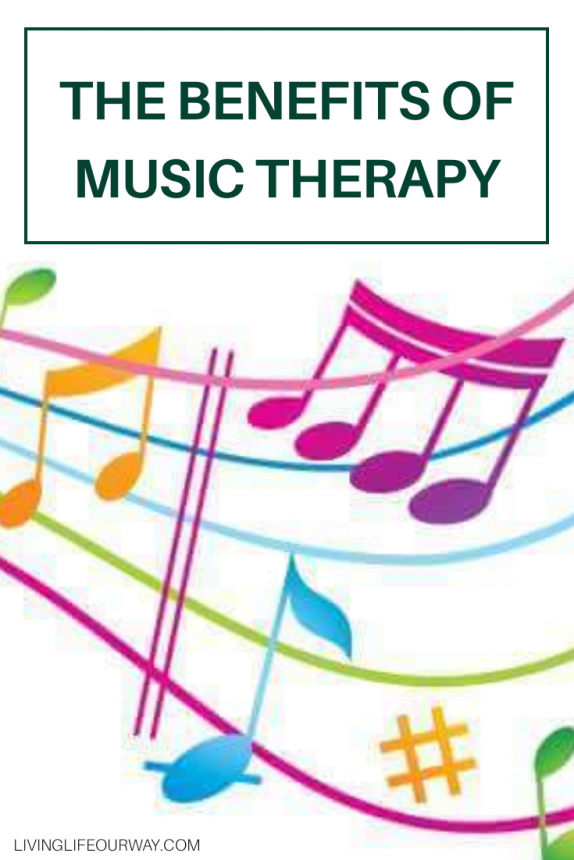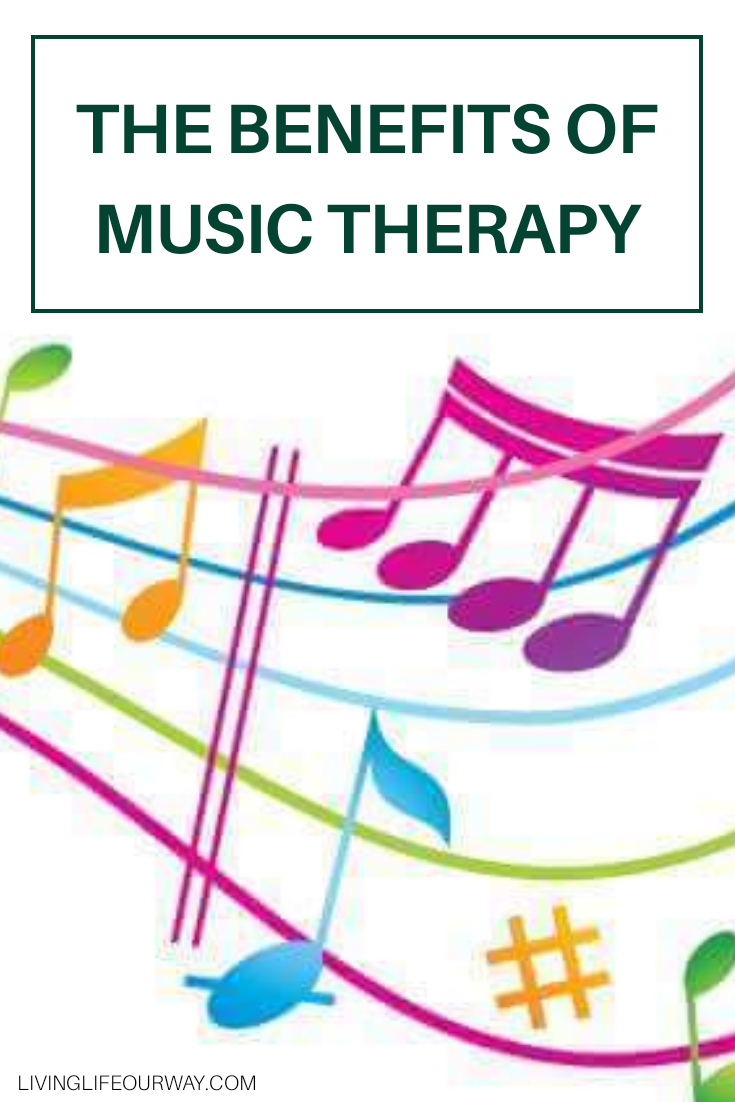For many years Squiggle took part in music classes. Whilst they were not music therapy sessions as such, there were many close comparisons, and the benefits were very clear. There is no doubt in my mind that music can be hugely beneficial to our wellbeing, for both children and adults alike.

Music in Culture
The strength of music runs deep. The right song at the right time can make you smile, cry or even make you mad. From the dawn of time it has been used to entertain and inspire. To aid spirituality. As a means of informing, educating and connecting. Sound has even been used for recovery but equally as a tool of war.
The power of music to arouse emotions and stir the soul is no secret; so much that music theory is an established business practice. Marketing companies agonise over which tracks will enhance their message. Shopping stores choose the tunes that will keep the widest array of people present for the longest period of time. Scores and soundtracks for movies answer for a significant portion of their budgets; so that poignant story moments resonate with you on an emotional and psychological level.
Music as Therapy
Music is a massive part of my life, I listen to a broad selection of artists across the decades. So, I’m no stranger to how music can help when things get tough. Equally, I know that when things are good; the right song at the right time can make them perfect.
Music therapy takes the positive effects sound can have on our emotions and state of mind then uses them to support those who need it. We all have the inherent ability to connect and react to music; so it makes complete sense to utilise these good vibes to build a healthy place of wellbeing. More than this though it can be used to enhance communication, confidence, concentration and awareness.
As explained by British Association of Music Therapy music can powerfully resonate with our feelings, helping us to express them and to communicate with others. Music therapy uses this in a therapeutic context; working with a wide range of accessible instruments to support the client’s communications with a bespoke combination of improvised or pre-composed instrumental music and voice.
Music as Expression
A music therapist establishes a therapeutic relationship between music and their client using musical interaction, using a broad range of instruments and styles. The idea is to find a way for the patient to form their own style and structure that expresses themselves in a way enabled by music.
That’s what music therapy is essentially; the communication of experiences, memories and emotions expressed through sound. It is perfect for those who struggle to do so verbally. Dementia patients and those who have suffered physical or mental trauma can use this form of therapy to help process their conditions and make positive associations. Naturally, children especially benefit from this unique approach; especially those with mental health issues or autism.
Music Therapy and Autism
I would be remiss not to specially mention the benefits that music therapy can have for those who have autism. As we know, the autistic spectrum is diverse and complicated and every person on it is unique in what it means to them. For some music can be a relaxant, but for others a trigger. Many find it depends on a complex set of contextual factors. Music therapy is more contained however. There is a steady build up where overstimulation is considered in the process.
The whole process is designed around encouraging imaginative and creative musical play in a spontaneous way (at their pace). The point being to foster a positive relationship with music, and it has been proven to be incredibly successful. Music therapy for those on the spectrum often leads to better communication, coordination, expression, empathy and social skills (among other things).
Improving Childhood Mental Health
As I previously mentioned, Squiggle found music sessions very beneficial to her mental health. Even during difficult times – when her anxiety levels were high and she was struggling with poor mental health, during pet bereavements and house moves – music would still visibly lift her spirits and lighten her mood, and it was evident it boosted her self esteem.
For any child or adult with mental health issues, music therapy is worth serious consideration. Furthermore, even regular music sessions can promote wellbeing and support good mental health.


Really really does help overcome a wealth of health : love your summary